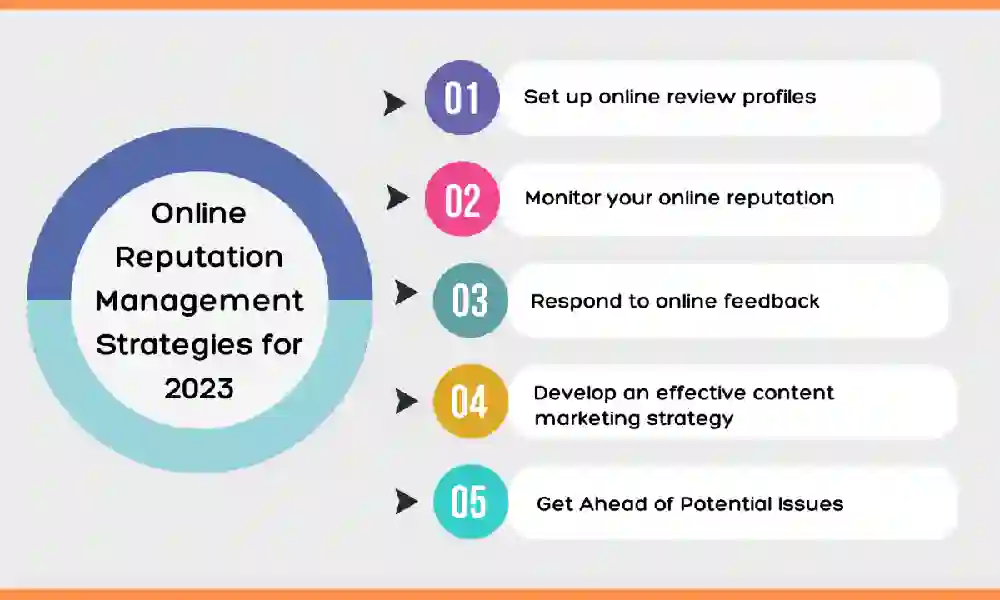How Online Reputation Affects Your Business Revenue

In the digital age, online reputation plays a crucial role in shaping a company’s success. Consumers rely heavily on online reviews, customer feedback, and brand perception before making a purchasing decision. A strong business reputation builds trust and credibility, leading to increased sales and customer loyalty. Conversely, a negative reputation can deter potential customers and significantly impact business revenue. Understanding how online reputation management, social media presence, and customer testimonials influence your business is essential to maintaining long-term success.
The Impact of Online Reputation on Customer Trust
A company’s online reputation determines how much trust it earns from its customers. Consumers often check online reviews and ratings before engaging with a brand. If a business has numerous negative reviews or low ratings, customers may opt for competitors instead. On the other hand, positive customer feedback enhances credibility and increases the likelihood of conversions, directly boosting business revenue.
Role of Online Reviews in Business Growth
Online reviews act as a digital form of word-of-mouth marketing. Positive reviews attract new customers, while negative ones can discourage potential buyers. Encouraging satisfied clients to leave reviews on platforms like Google, Yelp, and Trustpilot helps enhance your brand reputation. Additionally, responding to feedback—both positive and negative—demonstrates excellent online reputation management, reinforcing a positive brand image.
Social Media Influence on Brand Perception
In today’s connected world, social media presence significantly impacts a company’s business reputation. A well-managed social media account fosters customer engagement and builds trust. Negative comments or unresolved complaints on social platforms can damage brand perception and reduce potential revenue. Therefore, actively monitoring social channels and addressing concerns promptly is crucial for maintaining a strong online reputation.
SEO and Its Connection to Online Reputation
Search engine rankings are closely tied to a brand’s online reputation. Businesses with positive customer feedback and strong engagement levels tend to rank higher in search results. Negative reviews, on the other hand, can lower search visibility and drive potential customers away. Implementing effective online reputation management strategies ensures better search engine performance and maximizes business revenue.
The Cost of a Negative Online Reputation
A poor business reputation can lead to significant financial losses. Studies show that businesses with bad online reviews experience a decline in sales and customer retention rates. Addressing negative feedback, improving service quality, and ensuring transparency in business operations can help rebuild a damaged reputation and prevent revenue loss.
Use a Positive and Balanced Approach
While pointing out areas for improvement, highlight the positives as well. A balanced approach prevents discouragement and motivates the recipient to act on the feedback.
Conclusion
A positive online reputation is one of the most valuable assets for any business. By focusing on online reviews, social media presence, and customer feedback, companies can enhance their brand reputation and drive sustainable business revenue. Maintaining trust through strategic online reputation management ensures long-term growth and financial success.
[Online reputation, business revenue, online reviews, customer feedback, brand perception, business reputation, online reputation management, social media presence, customer testimonials, brand reputation, SEO, online visibility, trust building, reputation marketing, review management.]
